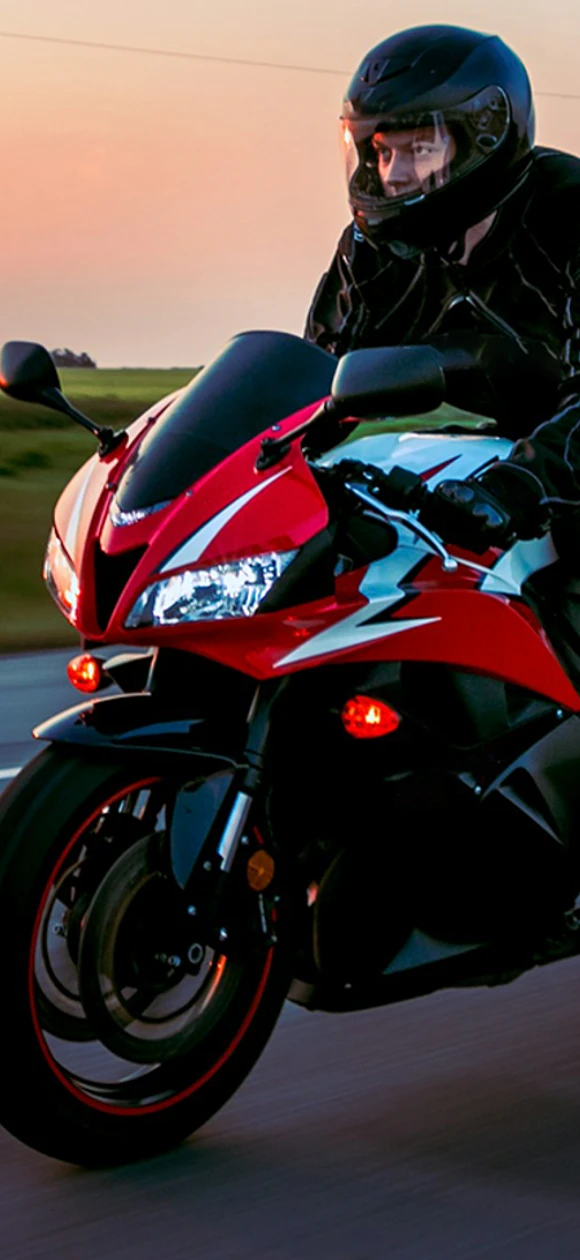
What happens if a biker has to swerve to avoid an accident?
Sign-up to make a compensation claim today - use our quick and easy form to begin your claim for thousands in compensation.
Start Your Claim Now
Sign-up to make a compensation claim today - use our quick and easy form to begin your claim for thousands in compensation.
Start Your Claim NowIf you’ve ever ridden a motorbike you’ll know and appreciate the difficulty of avoiding accidents. The roads can prove to be quite an obstacle course. Such challenges can include potholes, stones, gravel, pedestrians, road debris and other drivers.
The latter can prove to be the most hazardous in many cases…
In the event of an accident, motorbikes are often more manoeuvrable vehicles that can be steered into safety; therefore avoiding danger. However, a swerving rider may still be unable to completely avoid an injury, so where do riders stand in this kind of scenario?
Unfortunately, from time to time, vehicles collide with one another. Most of the time it’s out of our control to stop or prevent it from happening; no matter how cautious you are.
It’s human nature to swerve, but it’s one of those things where it could go horribly wrong. Counter steering can go wrong if bikers overcompensate the swerve, and there is of course the danger of still crashing in to something else. The only other option is to allow a collision to happen, which is much easier said than done…
If a car driver engaged in a dangerous manoeuvre requires a rider to move out of their way to avoid them, the car driver can still be deemed negligent and at fault for the accident.
For example, if a car pulls out of a side road and you swerve to avoid it but unfortunately end up hitting a tree, the car driver is still responsible for the accident. You should be able to make a full claim for compensation and damages from the car driver.
If anything, you’ve possibly just saved the car driver’s life, as well as your own if the swerving manoeuvre allowed for a little more time to slow your bike.
Generally speaking, if you are injured in the course of trying to avoid an accident, the other driver should still be at fault.
However, if your actions/reactions were deemed to be unreasonable, you may be partially or completely responsible for the accident.
Though this may seem confusing, it can all be dependent on the circumstances and assessed on a case-by-case basis, with each incident assessed on its own unique facts and merits.
One such example could be a biker swerving in to oncoming traffic to avoid an accident. By swerving in to oncoming traffic, you may be putting more lives in danger from road users on the other side of the road.
